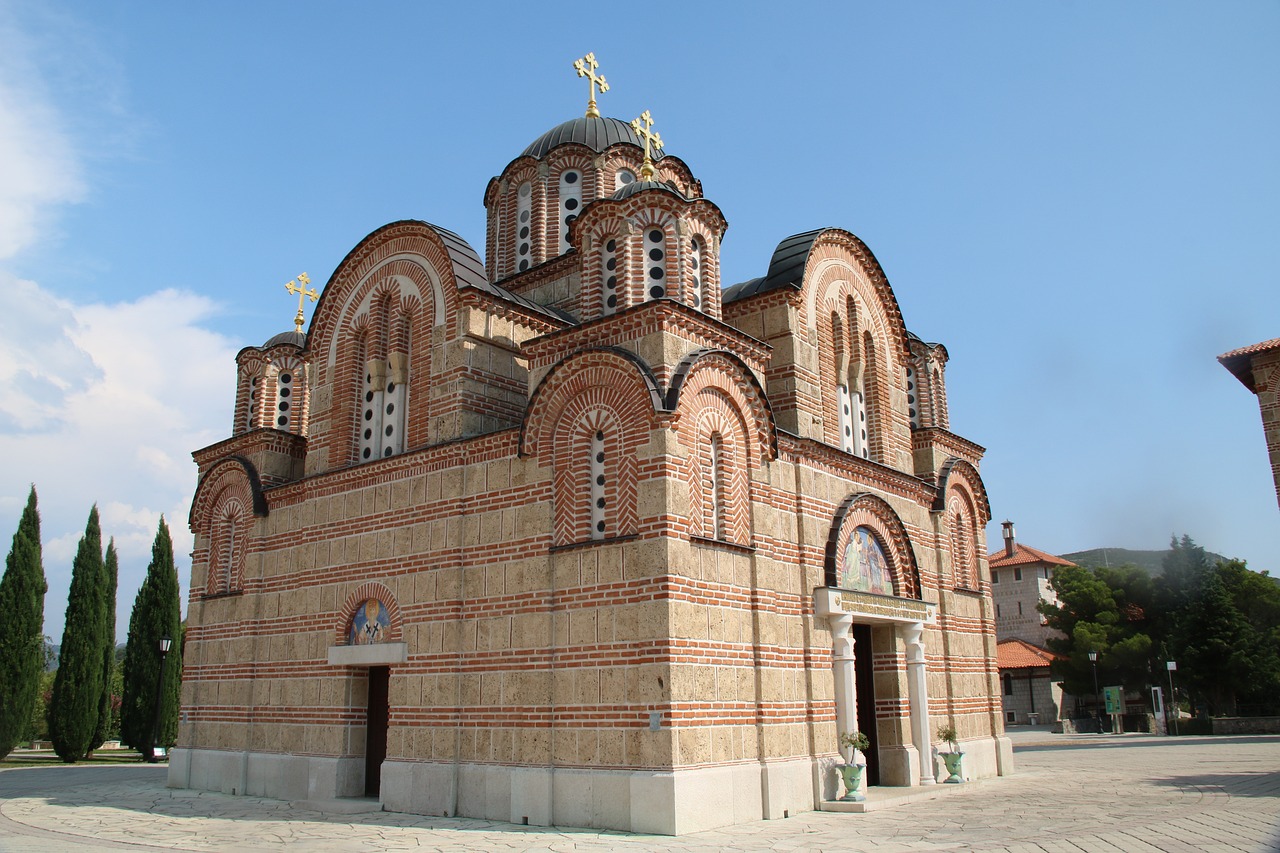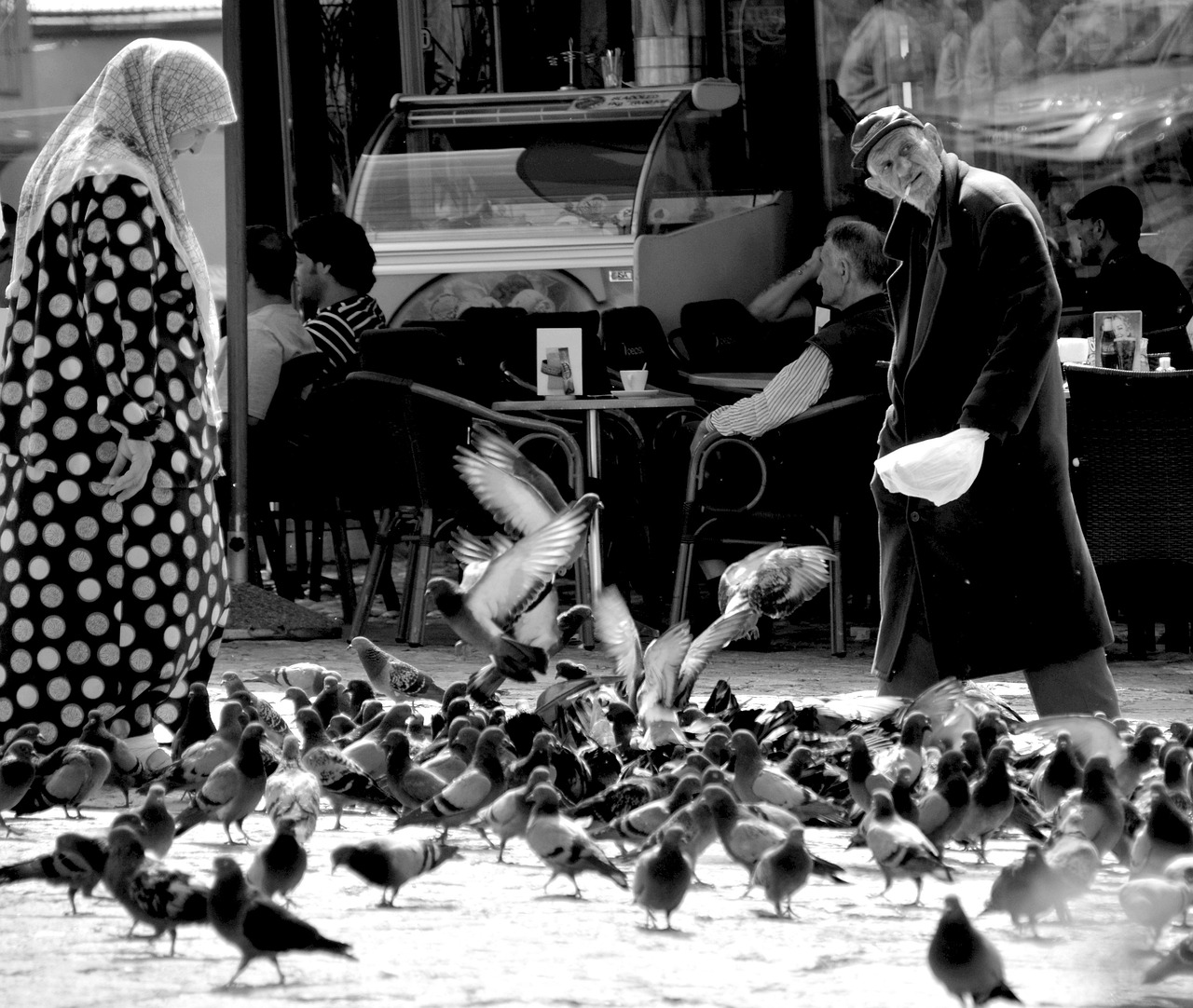Bosnia Video
Cultural Sensitivities: Understanding Local Norms in Bosnia
Bosnia and Herzegovina, located in the heart of the Balkan Peninsula, is a country with a rich cultural heritage and diverse population. To fully appreciate and respect the local customs and traditions, it is important to understand the cultural sensitivities that exist in Bosnia. This article aims to provide a comprehensive guide to help visitors navigate the social norms and etiquette in this fascinating country.
Section 1: Greetings and Personal Space
When meeting someone in Bosnia, it is customary to greet them with a firm handshake and direct eye contact. It is important to use proper titles when addressing individuals, such as “Gospodin” for Mr. or “Gospođa” for Mrs. or Miss. Personal space is highly valued, so it is advisable to maintain a respectable distance when engaging in conversation.
- Greetings: Greet locals with a firm handshake and maintain eye contact.
- Titles: Use appropriate titles like “Gospodin” and “Gospođa” when addressing individuals.
- Personal Space: Respect personal space and maintain a respectable distance during conversations.
Section 2: Communication Styles
Bosnians value direct and open communication. It is common for people to engage in lively discussions and express their opinions passionately. However, it is important to be mindful of cultural differences and avoid sensitive topics such as politics and religion unless the other person initiates the conversation.
- Directness: Bosnians appreciate direct and open communication.
- Opinions: Engage in discussions and express opinions, but avoid sensitive topics unless initiated by the other person.
Section 3: Dining Etiquette
Bosnian cuisine is a delightful blend of Ottoman, Austro-Hungarian, and Mediterranean influences. When invited to someone’s home for a meal, it is customary to bring a small gift, such as flowers or chocolates. At the dining table, it is polite to wait for the host to start eating before you begin. It is also common to offer compliments to the host about the food.
Bosnia Image 1:

- Gifts: When invited to someone’s home, bring a small gift like flowers or chocolates.
- Table Manners: Wait for the host to start eating before you begin and offer compliments about the food.
Section 4: Religious Customs
Bosnia is a diverse country with a mix of religions, including Islam, Orthodox Christianity, and Catholicism. It is important to respect the religious customs and practices of others. When visiting religious sites, dress modestly and remove your shoes if required. It is also polite to ask for permission before taking photographs.
- Religious Diversity: Respect the customs and practices of different religions.
- Dress Code: Dress modestly when visiting religious sites and remove shoes if required.
- Photography: Ask for permission before taking photographs in religious sites.
Section 5: Socializing and Invitations
Bosnians are known for their hospitality and love socializing. If invited to someone’s home, it is polite to accept the invitation and arrive on time. It is customary to bring a small gift for the host. During social gatherings, it is common to engage in lively conversations and enjoy traditional Bosnian music and dance.
- Hospitality: Bosnians are known for their hospitality, so accept invitations and arrive on time.
- Gifts: Bring a small gift for the host when invited to someone’s home.
- Social Gatherings: Engage in conversations and enjoy traditional Bosnian music and dance.
Section 6: Dress Code
In Bosnia, the dress code is generally casual and relaxed. However, when visiting religious sites or formal occasions, it is important to dress more conservatively. Women are expected to cover their shoulders and avoid wearing revealing clothing. Men should avoid wearing shorts and sleeveless shirts in formal settings.
Bosnia Image 2:

- Casual Dress: Dress casually for most occasions in Bosnia.
- Religious Sites/Formal Occasions: Dress more conservatively, covering shoulders and avoiding revealing clothing.
Section 7: Gift Giving
Gift giving is a common practice in Bosnia, especially during holidays and special occasions. When selecting a gift, it is advisable to choose something of good quality and avoid overly expensive items. It is common for gifts to be opened immediately upon receipt.
- Occasions: Give gifts during holidays and special occasions.
- Quality: Choose gifts of good quality, but avoid overly expensive items.
- Opening Gifts: It is common for gifts to be opened immediately upon receipt.
Section 8: Tipping and Service Charges
Tipping is not mandatory in Bosnia, but it is appreciated for good service. In restaurants, it is customary to leave a 10% tip if you are satisfied with the service. Some establishments may include a service charge in the bill, so it is advisable to check before leaving an additional tip.
- Tipping: Tipping is not mandatory but appreciated for good service.
- Restaurants: Leave a 10% tip if satisfied with the service.
- Service Charge: Check if a service charge is included in the bill before leaving an additional tip.
Section 9: Public Behavior
When in public spaces, it is important to be respectful and considerate of others. Avoid loud or disruptive behavior, especially in religious sites and quiet areas. Smoking is prohibited in most indoor public spaces, including restaurants and bars.
Bosnia Image 3:

- Respect: Be respectful and considerate of others in public spaces.
- Quiet Areas/Religious Sites: Avoid loud or disruptive behavior in these areas.
- Smoking: Smoking is prohibited in most indoor public spaces.
Section 10: Transportation Etiquette
When using public transportation in Bosnia, it is important to offer your seat to elderly or disabled individuals. It is also polite to give up your seat to pregnant women or individuals with small children. Avoid eating or drinking on public transportation, as it is generally considered impolite.
- Seat Etiquette: Offer your seat to elderly, disabled, pregnant women, or individuals with small children.
- Eating/Drinking: Avoid eating or drinking on public transportation.
Section 11: Cultural Sites and Museums
Bosnia is home to numerous cultural sites and museums that offer a glimpse into its rich history. When visiting these sites, it is important to show respect by following the rules and regulations. Avoid touching artifacts or taking photographs if it is not allowed. It is also customary to leave a small donation to support the preservation of these cultural treasures.
- Respect: Show respect by following rules and regulations at cultural sites and museums.
- Artifacts/Photographs: Avoid touching artifacts or taking photographs if prohibited.
- Donations: Leave a small donation to support the preservation of cultural sites and museums.
Section 12: Conclusion
By understanding and respecting the cultural sensitivities and local norms in Bosnia, visitors can have a more rewarding and immersive experience. Embracing the customs and traditions of the country will not only deepen the cultural exchange but also foster positive relationships with the local community. Enjoy your time in Bosnia and Herzegovina, a country that truly offers a unique blend of history, culture, and natural beauty.
References
– Lonely Planet: www.lonelyplanet.com/bosnia-and-herzegovina
– Culture Trip: www.theculturetrip.com/europe/bosnia-herzegovina/
– Visit Bosnia and Herzegovina: www.visit-bosniaherzegovina.com

